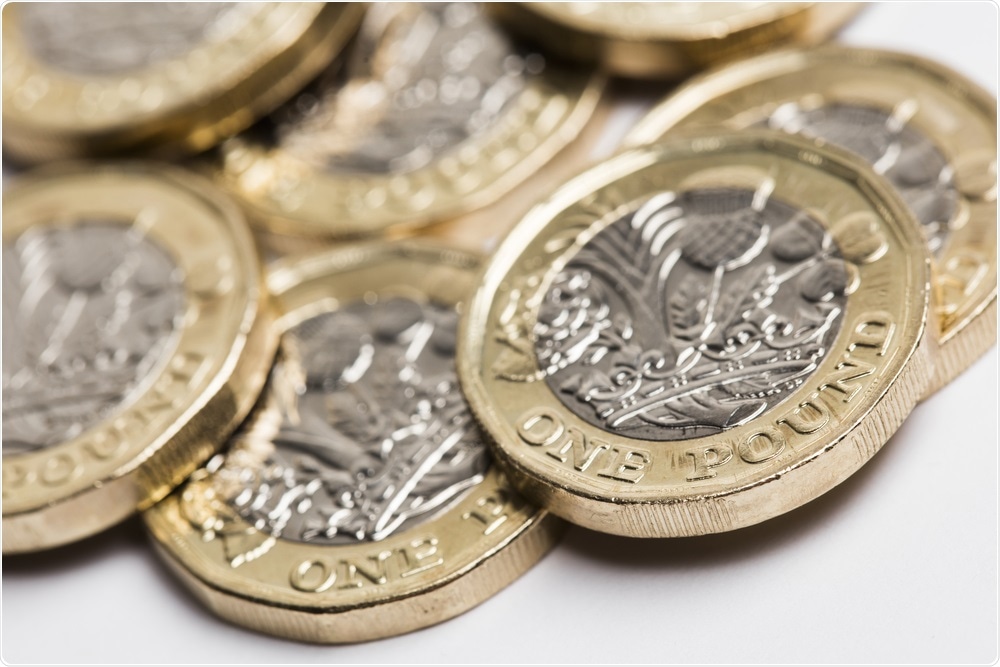
Notes and coins harbor life threatening bacteria, including MRSA and VRE
A new study has found that the cash and the coins that are in circulation are covered in over 19 types of bacteria that can be potentially deadly.
 Image Credit: Ink Drop / Shutterstock
Image Credit: Ink Drop / ShutterstockResearchers from the London Metropolitan University looked at banknotes, coins, pockets, wallets, purses etc. and noted that these are contaminated by these bacteria from people who do not wash their hands properly after going to the toilet.
The team found that polymer notes of £5, £10 and paper notes of £20 and £50 were covered with Staphylococcus aureus (MRSA) and Enterococcus faecium (VRE) and listeria.
The first two – MRSA and VRE are known to be antibiotic resistant and difficult to treat.
Professor of microbiology Dr. Paul Matewele and his colleagues collected 36 samples of these notes and coins and put them in petri dishes.
Over the next eight weeks, they noted that bacterial colonies grew over the denominations in lab conditions.
The bacteria could be seen and identified under the microscope when swabs were taken from the denominations.
This could be a serious public health threat. Matewele explained that for persons with a compromised immune system, the risk could be huge; if you’re visiting people in hospital who might be vulnerable to infection, you could unknowingly transfer bacteria off your cash which is resistant to antibiotics.”
MRSA, for example, has been listed by the World Health Organisation as a huge threat to life and was found on all coins and banknotes tested in the study.
In less serious cases, MRSA exposure can cause skin lesions and boils, and in serious cases, it can lead to cellulitis and even fatal toxic shock syndrome.
Enterococcus faecium was also noted on 2p, 5p, and 10p coins and a £10 note. This is also a WHO listed antibiotic-resistant bacteria that can be difficult to treat.
Listeria was found on 20p, 50p and £1 and on £5, £10 and £20 notes. This bacterium is associated with food poisoning and also with miscarriages.
The solution? Experts recommend hand washing after handling money to prevent the spread of these deadly bacteria.
Contactless money and usage of cards and smartphones for payments could be a wiser option say, researchers.
Bankers have said that as it is payments with cash are on the decline, with only around 22 percent of all transactions involving the exchange of cash or coins.
Source:
The study was a collaboration between money.co.uk and London Metropolitan University.



































No hay comentarios:
Publicar un comentario